The Court of Appeals of North Carolina reverses a trial court’s decision to remove the trustee of a special needs trust after the lower court found, among other things, that he violated the sole benefit rule by using trust funds to purchase a house for his wife, the trust beneficiary. In the Matter of the Estate of Cathleen Bass Skinner (N.C.App.Ct., No. COA15-284, June 21, 2016).
Mark Skinner was named as the guardian of the estate of his wife, Cathleen Bass Skinner. The guardianship order called for the establishment of a first-party special needs trust to hold Mrs. Skinner’s $170,000 inheritance from her mother’s estate. Mr. Skinner was named as trustee of this trust and was required to provide Mrs. Skinner’s sister with monthly bank statements showing how the trust funds were being spent.
Soon after the trust was funded, Mr. Skinner used most of the trust assets to purchase an accessible house, titled in the name of the trust. Mr. Skinner also used trust funds to prepay Mrs. Skinner’s funeral and purchase some furniture and small appliances. In July 2014, two of Mrs. Skinner’s siblings filed a petition to remove Mr. Skinner as trustee, raising several issues, including claims that Mr. Skinner improperly accounted for trust funds and that he was using the trust assets for his own benefit. The assistant clerk of court removed Mr. Skinner as trustee, finding, among other things, that he violated the terms of the trust by not preserving trust assets for Mrs. Skinner’s medical care, that he violated Medicaid payback provisions by prepaying the funeral and that the purchase of the house ran afoul of the sole benefit rule.
The Court of Appeals of North Carolina reverses, concludiing that the lower court made several obvious errors of law. First, the court finds that the trust was not established to preserve funds for Mrs. Skinner’s medical care, and that in fact the trustee was prohibited from expending trust funds on services that Mrs. Skinner could receive through the Medicaid program. Second, the purchase of funeral services did not violate Medicaid payback rules, since those rules call for state reimbursement ahead of other claims only after the death of the trust beneficiary, not during her life. Finally, the court finds that “[t]he assistant clerk of court’s interpretation of the legal term ‘sole benefits’ would lead to an absurd result . . . Under the [clerk’s] interpretation . . . if a trustee uses the assets of a special needs trust to purchase items such as a handicapped accessible home, specially equipped car, or furniture, then the disabled beneficiary must either live alone or charge ‘rent’ to her husband, who presumably must have his own separate furniture, washer and dryer, etc.”
To read the full text of the court’s decision, go to: https://appellate.nccourts.org/opinions/?c=2&pdf=33766


